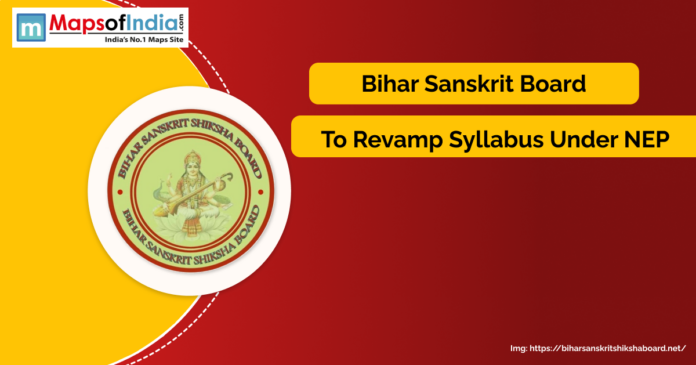Bihar Sanskrit Shiksha Board is in the process of introducing some significant changes to its curriculum based on the National Education Policy (NEP). This revision will require students attending schools in the Sanskrit-speaking state to study the holy books of the Hindus, like Ramcharitmanas and the Shrimad Bhagwat Geeta. It is the first occasion when the texts will be listed in the curriculum, and this is indicative of the way the government is trying to ensure that education is in line with the cultural and traditional backgrounds of India.
There is an effort underway to modernize Sanskrit education and, nevertheless, remain in touch with classical tradition. So far, the Sanskrit curriculum has been more centred on grammar, language and some selective classical works. By setting up epics such as the Ramcharitmanas, the work of Tulsidas and the Shrimad Bhagwat Geeta, a section of the Mahabharata, the board hopes to expose students to the teaching of moral values, ethical behaviour and philosophical knowledge. The move complements the vision of the NEP to further the Indian languages, knowledge systems and value-based education.
Authorities have indicated that the new curriculum shall be structured and simplified to enable students to understand without any problem. It will not focus on memorization but on understanding the messages enclosed in these scriptures and using them in day-to-day life. In so doing, the syllabus will aim to strike a balance between traditional education and the current educational goals, with the aim of students acquiring linguistic and cultural knowledge.
These scriptures have also been included, which speak of the governmental focus on the revival of Sanskrit as the language of life and its empowerment to remain topical in the modern world. Students will now be able to read about the stories, verses and teachings that have influenced Indian culture. The development will probably make Sanskrit education more attractive, and more students will be willing to work with the subject beyond its linguistic dimensions.
The change has both cultural and educational significance to Bihar. Although it aims at instilling a sense of pride in the civilizational background of India, it also represents the overall change in the school education in the country after the implementation of NEP. It is anticipated that the syllabus will be completed shortly, and the updated syllabus can be applied during the next academic year.
Having these reforms, the Bihar Sanskrit Board is hoping to develop a curriculum that not only informs a student but also motivates them to continue with the tradition-based values as they prepare to meet the requirements of the modern world.










